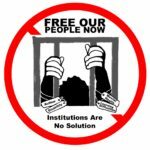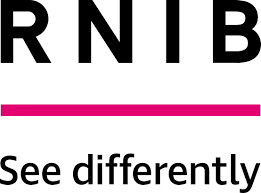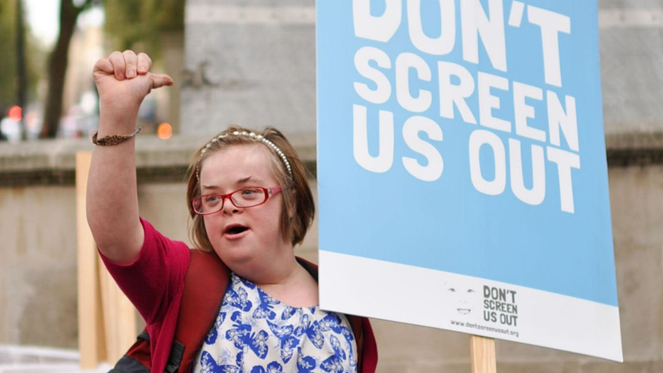
Free Our People Now campaign
Inclusion London set up a 2.5 year project called the ‘Free Our People Now’ project.
The project aims to help autistic people and people with learning difficulties, with lived experience of the psychiatric system, to have a voice and advocate for urgent change so autistic people and people with learning difficulties can live in their own homes rather than in hospitals.
Find out more about the campaign here

Human Rights Act Reform - An inaccessible consultation
People First was one of over 200 organisations that signed a letter to the Joint Committee on Human Rights in March 2022 telling them that the Human Rights Act Reform consultation was not accessible to people with learning difficulties, disabilities and other communication needs.
The consultation opened 14.31.21 but despite numerous requests, an easy read version was not made available until late February – 24.02.22, leaving just 12 days for people to respond. This was not fair! There was further frustration because the quality of the easy read consultation document was not very good. It did not meet the recognised Accessible Information Standard and other easy read guidance, or the government’s own consultation guidance. It was still difficult to understand, it had no explanations or definitions and there were no pictures.
The British Institute of Human Rights (BIHR) produced lots of guidance and accessible information to help people respond to the consultation. Liberty and Amnesty International UK also produced helpful guidance.
BIHR now has an Easy Read Hub which includes accessible information about the Human Rights Act, the Rights Removal Bill and template letters and postcards that you can send to your MP. There is also Easy Read information about each article in the Human Rights Act.
Visit the BIHR website to find out more.
We also joined the BIHR Rights Removal Bill campaign. On 22nd June 2022, the Government published a new Bill that would get rid of our Human Rights Act. They're calling it the Bill of Rights.
We are really worried that this will reduce our rights and reduce the Government's responsibilities to uphold the human rights protections across the UK.

Inclusive Street Design
The RNIB has developed a checklist for inclusive street design, based on robust evidence of what blind and partially sighted people need to independently and safely walk around our towns and cities.
RNIB explain 'We have drawn on our evidence and research to make these principles as inclusive as possible. The principles that make our public spaces most accessible for people with sight loss will also lead to streets that are welcoming and safe for many other groups of pedestrians, such as other groups of disabled people, neurodivergent people, older people, and carers with young children.'
They are campaigning to get these key principles of inclusive street design embedded in as many local authorities as possible, so that all new schemes are as inclusive as possible from the start, without the need for us all to respond to so many repetitive consultations about inaccessible designs.
People First has joined the campaign, adding its logo and support along with a number of other organisations.

Downright Discrimination
We support and fight for equality for all, but particularly for people with learning difficulties, disabilities and autism. We want to have the same opportunities to life and living as everyone else. In July 2021, People First (Self Advocacy) and the Self-Advocates' Support and Action Group offered its support to the Downright Discrimination campaign and the High Court case, led by Heidi Crowter and others, calling for ‘equality in the womb’.
The #DownrightDiscrimination campaign is about removing the clause in the Abortion Act that allows abortions to happen after 24 weeks of pregnancy based on disability. Disabled foetuses can be aborted up to full-term.
As the campaign progressed our understanding and discussions about the case deepened. Many of us have been fighting for our freedom and our right to exist, but we realised that we needed further debate and open discussions that were led by disabled people. We needed to carefully consider how the rights that we are fighting for have an impact on the rights of others if such a ruling was successful.
We were also concerned about some of the supporters of the campaign and their intentions. We questioned if it was first and foremost about equality and discrimination against Disabled people, or if it was also a platform for the ‘anti-abortion’ movement and restricting the rights of all women (including Disabled women).
We must have the opportunity to ask these questions and be involved in the debates. We support people with learning difficulties, disabilities and autism to fight for their rights and lead their own campaigns, but recognise that we may not always be able to agree or take an immediate or clear position.
Our weekly Self-Advocates' Support and Action Group continue to discuss this and other campaigns. Our community continues to be discriminated against and are suffering unnecessarily every day.



